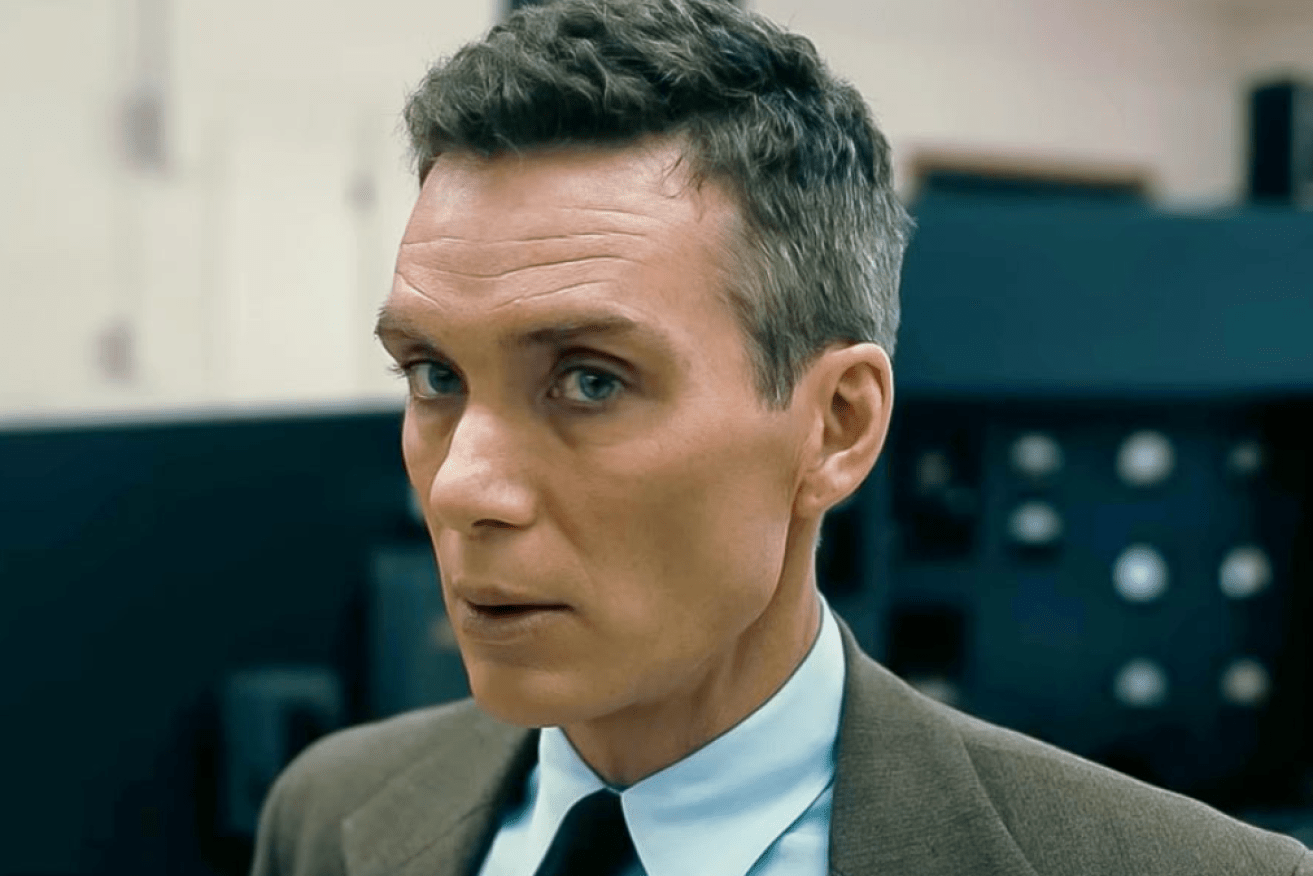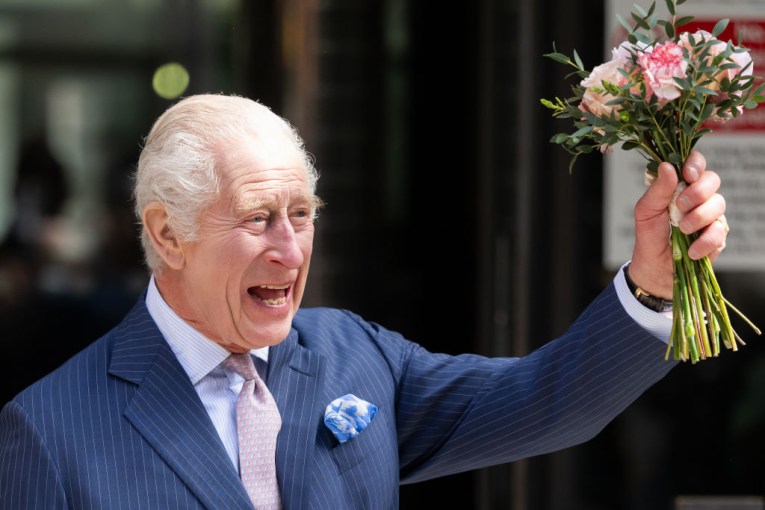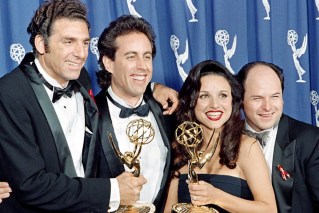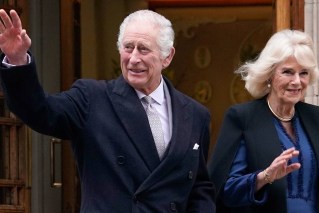Oppenheimer: A cinematic milestone despite its few flaws


This film, starring Cillian Murphy, is extremely ambitious in scope. Photo: Universal Pictures
Director Christopher Nolan calls Oppenheimer the most important man who ever lived, and he wants us to understand the tortured genius who headed the Manhattan Project and paid a heavy price.
Nolan is known for films with mind-bending time warps and ingenious twists, but this agonising study of the father of the atom bomb, J. Robert Oppenheimer, has no escape portal.
Given Nolan’s screen mastery, the scenes in which Oppenheimer’s team detonate the world’s first atomic bomb in the New Mexico desert, were always going to be a cinematic milestone.
First comes a sheet of light so blinding it whites out the world, followed by utter stillness as the atomic forces build into a billowing mushroom cloud. Much later the sound catches up, in a violent sonic boom that makes the earth quake. This astonishing sequence is no lame CGI effort and Nolan has kept secret how he did it.
But the film is not about big bang theory, it’s about Oppenheimer, the theoretical physicist whose genius was in reading the patterns and understanding how they came together as a whole.
It is Cillian Murphy’s movie and he is in almost every scene, his limpid eyes looking to a future he does not want to see. He is moody, taciturn, arrogant, brilliant and something of a womaniser who hands over his child to a friend. It is Murphy’s first lead role in a major film and an Oscar should be heading his way.
There are flashbacks and fast forwards as Nolan pulls together the facts, based on the book American Prometheus, of how the military, led by General Leslie Groves (Matt Damon) appointed Oppenheimer to gather the intellectual cream and station them at a purpose-built town at Los Alamos, in the New Mexican desert. Over three years, at a cost of $2 billion, they created the world’s first atom bomb.
But by then, Germany had surrendered and Hitler was dead. Only Japan was fighting on. Oppenheimer, who was Jewish, had been morally convinced the bomb was necessary to secure peace. Now he was not so sure. Once Hiroshima and Nagasaki were flattened, the haunting began.
As the Cold War intensifies, he campaigns against nuclear weapons – the arms race with Russia was underway and the US was working on a hydrogen bomb – and falls foul of Washington. In a chilling encounter with President Harry Truman (Gary Oldman), he tries to say he has blood on his hands. “Don’t let that crybaby back in my office,” Truman is heard to say.
Much is devoted to his rigged interrogation by a Senate committee led by the McCarthyite prosecutor Roger Robb (played by former South Australian Jason Clarke). While still a student, Oppenheimer hung around with Communists and his brother was one. His first and second wife were party members, all of which comes back to haunt him, as does his relationship with scientist Klaus Fuchs (part of the British team sent to the US by Adelaide’s Mark Oliphant), who turned out to be a Russian spy.
The film is Nolan’s opus, rich in moral complexity, power struggles and ethical dilemmas, but it won’t be for everyone. It is unevenly paced, sometimes thrilling but also wordy, crammed and opaque. Who are all these people and did we need every one? This from the director who brought us Dunkirk and Tenet, films so dramatically intense you were down to counting seconds.
The cast is brilliant to a fault and while Nolan, in the service of history, has taken on far too much, it is a fine portrait of the flawed genius who carried the burden of destroyer of worlds.
Oppenheimer is in cinemas now.
This originally appeared on InReview.








